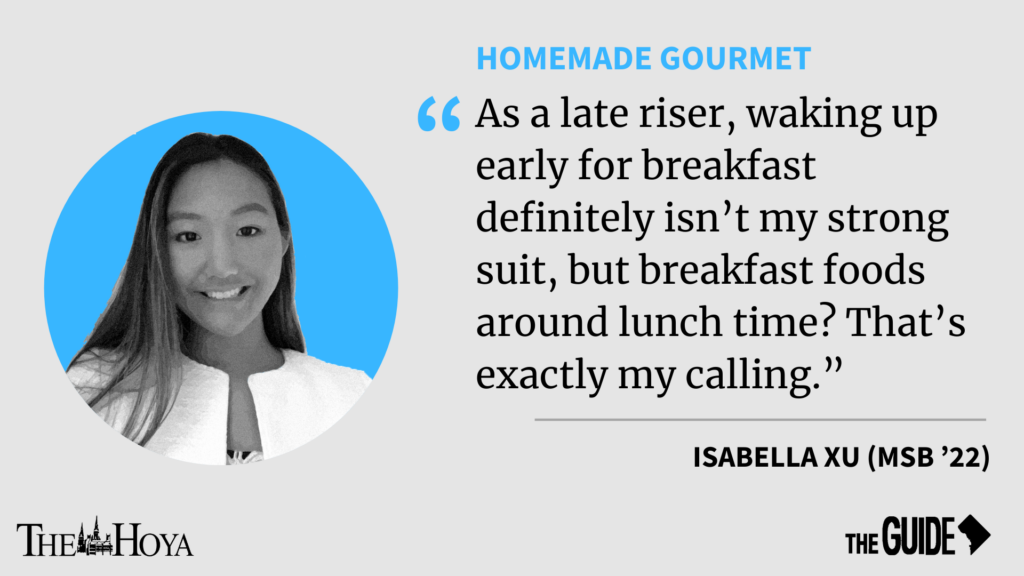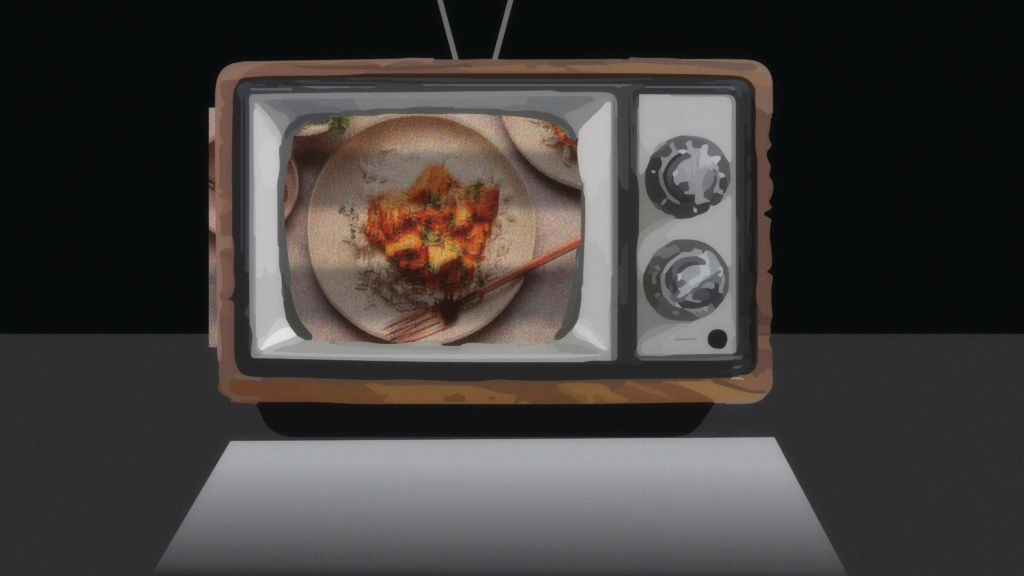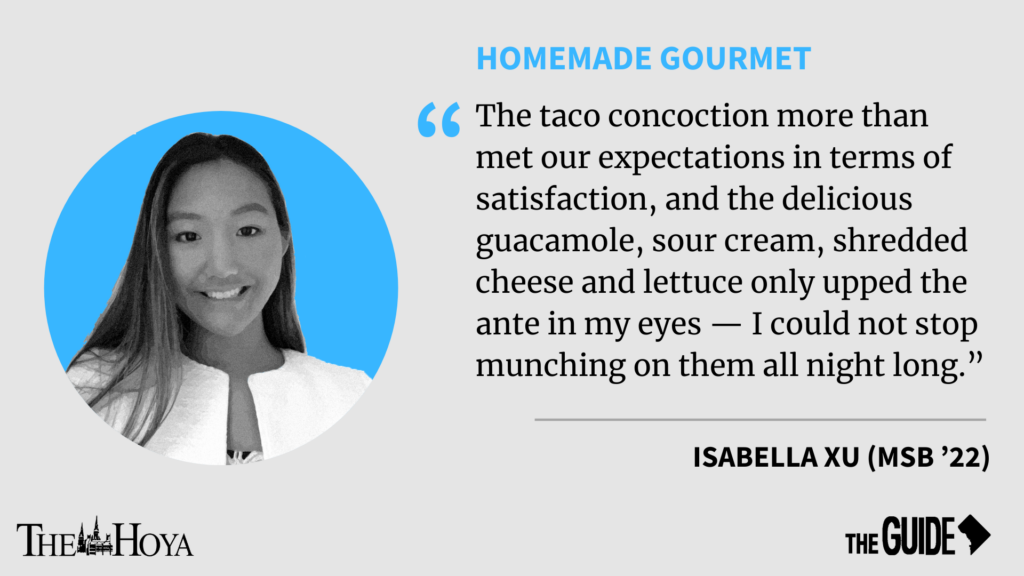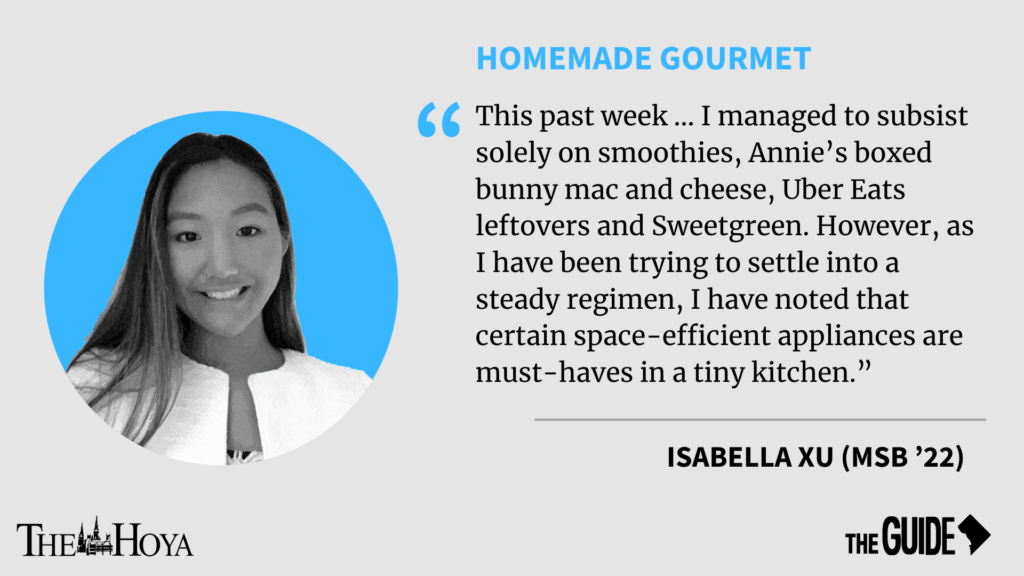
A HEALTHY PICK-ME-UP? Recent studies have shown that coffee may not be as bad for you as you thought.
Coffee consumption is an essential part of college life — just look at the never-ending lines at Uncommon Grounds or Saxby’s. But rumors circulate about the detriments of coffee, such as itsaddictiveness and increased risks of heart disease and even cancer. Health-conscious friends of mine have been torn between the craving for a daily dose of coffee and its potential health effects. Is coffee really the trap that it is often painted to be?
The answer from recent research on coffee seems to be a happy “no” — at least for those who exercise prudence in their habit.
A study by the American Heart Association published in their journal Circulation: Heart Failure in 2012 concluded that moderate coffee consumption may in fact have slight benefits to heart health, identifying an inverse relationship between coffee consumption and risk of heart failure, although the exact relationship is not clearly pointed out. The findings of the study are consistent with other studies, such as one published in Harvard Women’s Health Watch in 2004. These studies disclaim the findings of earlier research, which associate coffee drinking with increased heart disease rates. High-risk behaviors like smoking and physical inactivity are often unaccounted in these studies, leading to biased results, explained Dr. Donald Hensrud, preventive medicine specialist from the Mayo Clinic on its health information.
Other health benefits associated with drinking coffee have also been found. An Australian study published in JAMA Internal Medicine, in 2009 provides significant evidence for an association between coffee consumption and reduced risk of Type 2 diabetes. It suggests that individuals with the lowest levels of consumption have triple the risk of getting Type 2 diabetes compared with individuals who drink the most coffee, and identifies a seven percent reduction in the risk of having Type 2 diabetes for every additional cup of coffee consumed daily.
In 2012, researchers from the Universities of South Florida and Miami published their findings in the Journal of Alzheimer’s Disease demonstrating a link between coffee consumption and delayed onset of Alzheimer’s disease. Even in individuals already with mild cognitive impairment — often seen as an early sign of dementia — a higher level of blood caffeine, equivalent to about three cups of coffee a day, have a significant impact on delaying the conversion to Alzheimer’s. The same conclusions are backed up by a 2009 study from Finland and Sweden that shows a 65 percent reduction in the risk of developing Alzheimer’s in regular coffee-drinkers.
Drinking coffee has also been shown to improve mental health. A 2011 study published in JAMA Internal Medicine finds a 15 percent reduction of depression risk in women who consume two to three cups of coffee daily, compared to women who do not have a habit of coffee consumption.
All in all, it seems that coffee-drinking is a far more beneficial habit than we would have imagined. While the rule of moderation applies — as it does with everything else — it seems safe to say that a cup of coffee a day is, at worst, harmless. Next time you are tempted by the rich aroma of roasting coffee, just go for it.













